Colon Hydrotherapy Device Manufacturer
Colon Hydrotherapy Machine and IBS: Can It Help?
October 4, 2025








Understanding IBS and How a Colon Hydrotherapy Machine Works
Irritable Bowel Syndrome affects approximately 10-15% of the global population. This functional gastrointestinal disorder manifests through symptoms like abdominal pain, bloating, constipation, diarrhea, and gas. While the exact cause remains unclear, factors such as gut-brain axis dysfunction, intestinal inflammation, altered gut microbiota, and food sensitivities all play significant roles.
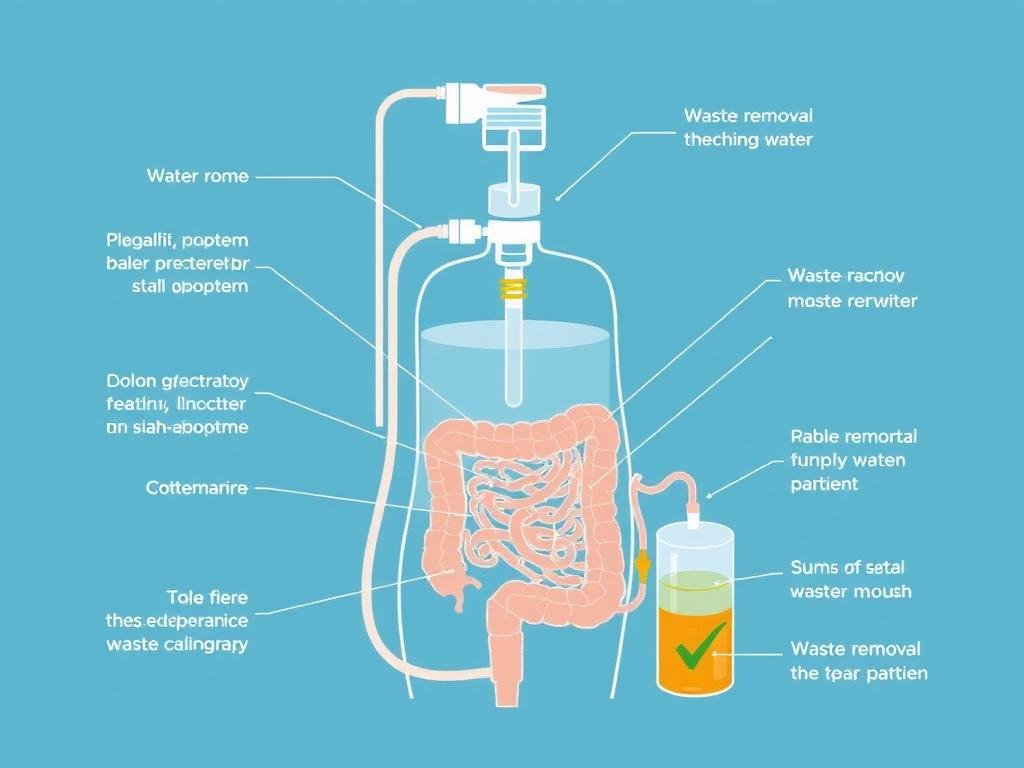
A Colon Hydrotherapy Machine delivers a gentle, controlled flow of filtered water into the colon through a disposable speculum. This specialized equipment maintains precise water temperature and pressure while alternating between water infusion and waste evacuation. The process helps remove accumulated waste, gas, and mucus from the large intestine.
Key Components of Modern Colon Hydrotherapy Machines
- Temperature-controlled water system (typically 37°C/98.6°F)
- Adjustable pressure controls for gentle treatment
- Disposable speculums and tubing for hygiene
- Closed systems to prevent odor and maintain dignity
- Water filtration and purification technology
- Waste disposal system with viewing tube
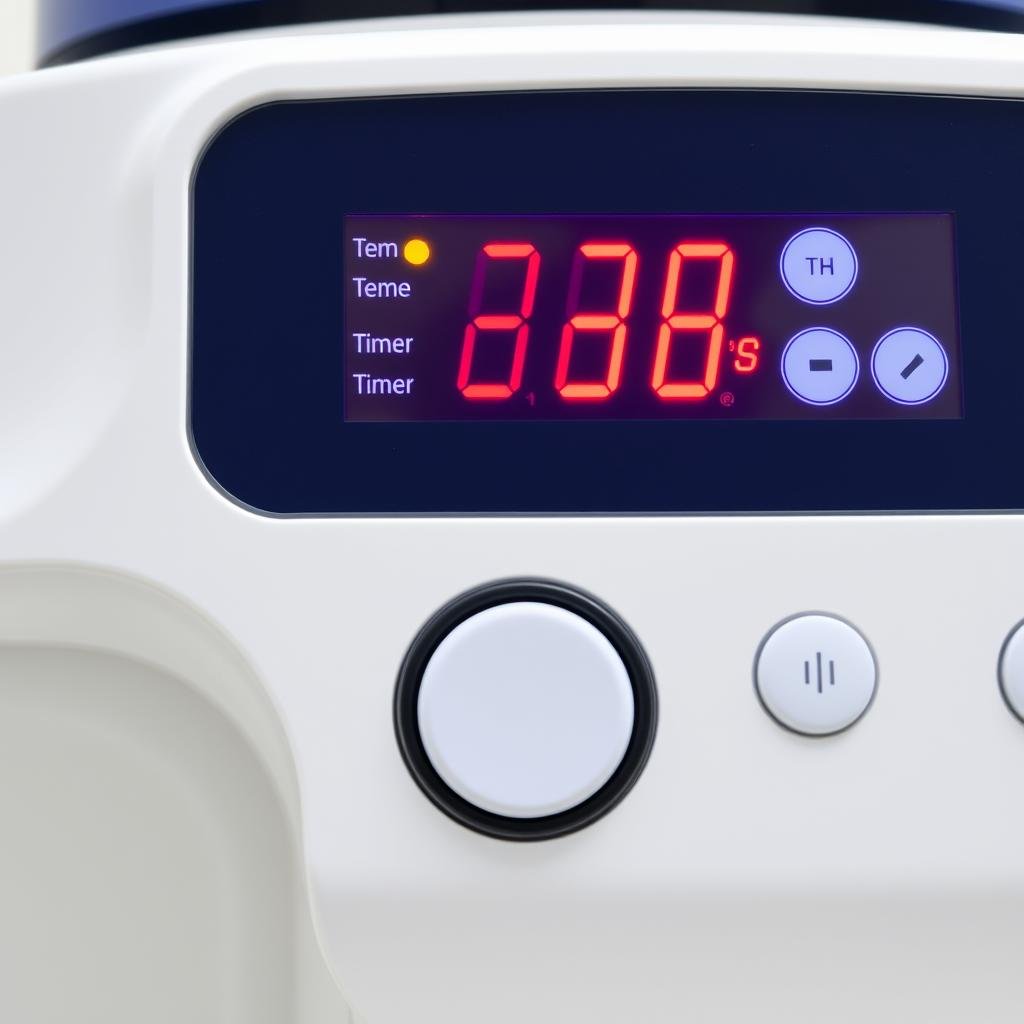
Potential Benefits of Colon Hydrotherapy Machine Treatment for IBS
While scientific research specifically on colon hydrotherapy for IBS remains limited, many practitioners and patients report several potential benefits. It’s important to note that individual experiences vary, and what works for one person may not work for another.

Potential Benefits
- Removal of accumulated waste that may contribute to bloating
- Reduction in gas and associated discomfort
- Potential improvement in constipation symptoms
- Possible reduction in abdominal distension
- Temporary relief from IBS flare-ups for some patients
- Hydration of the colon, potentially improving transit time
Limitations to Consider
- Not a cure for IBS; typically provides temporary relief
- Limited scientific evidence specifically for IBS treatment
- Results vary significantly between individuals
- May not be suitable for all IBS subtypes
- Multiple sessions often needed for noticeable benefits
- Should complement rather than replace conventional treatment
Wondering if Colon Hydrotherapy Could Help Your IBS?
Our specialists can provide personalized information based on your specific IBS symptoms and medical history.
Scientific Perspective on Colon Hydrotherapy Machines for IBS Management
The scientific community maintains varying perspectives on using colon hydrotherapy for IBS. While some studies suggest potential benefits, others emphasize the need for more rigorous research. Here’s what the current evidence indicates:

| Research Area | Current Findings | Implications for IBS |
| Gut Microbiome | Colon cleansing temporarily alters gut flora composition | May temporarily reduce harmful bacteria but also beneficial ones; effects on IBS microbiome imbalances remain unclear |
| Transit Time | Some evidence of improved bowel transit time after therapy | Potentially beneficial for constipation-predominant IBS but less clear for diarrhea-predominant IBS |
| Inflammation | Limited evidence regarding effects on intestinal inflammation | Theoretical benefit for inflammatory processes in IBS, but more research needed |
| Symptom Relief | Anecdotal reports of temporary symptom improvement | May provide short-term relief for some patients, but controlled studies specific to IBS are limited |
“While some patients report significant improvement in IBS symptoms following colon hydrotherapy, we need more controlled clinical trials to establish its efficacy, optimal treatment protocols, and identify which IBS subtypes might benefit most.”
Safety Considerations When Using a Colon Hydrotherapy Machine for IBS
Safety should be your primary concern when considering colon hydrotherapy for IBS management. Modern Colon Hydrotherapy Machines have numerous safety features, but certain precautions remain essential.
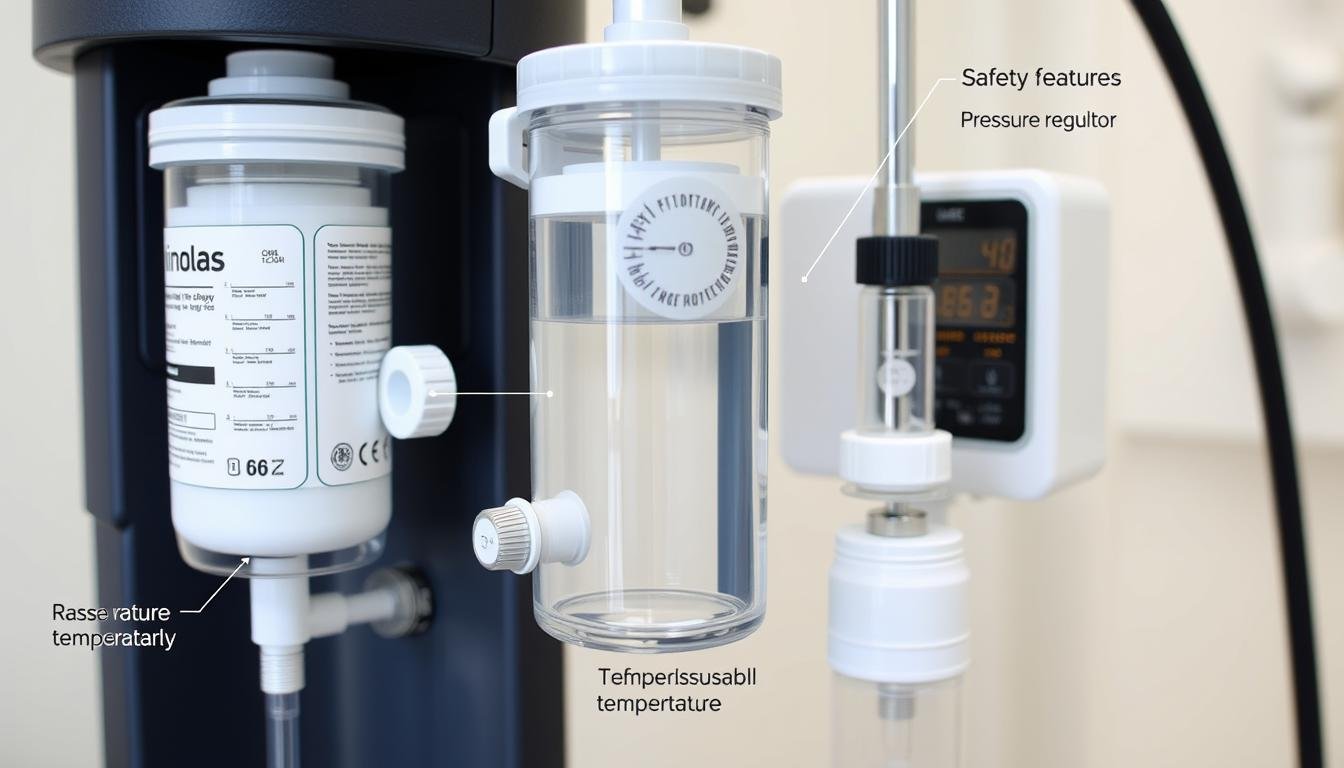
Important Safety Precautions
Colon hydrotherapy is contraindicated for certain conditions including severe hemorrhoids, recent colon surgery, active inflammatory bowel disease flares, intestinal perforations, severe anemia, advanced pregnancy, and certain cardiovascular conditions. Always consult with your healthcare provider before beginning treatment.
Choosing a Safe Facility
- Verify practitioner certification and training
- Ensure equipment is FDA-registered (in the US) or meets local regulatory standards
- Confirm the use of disposable components for each patient
- Check that the facility maintains proper sterilization protocols
- Ask about emergency procedures and protocols
Minimizing Risks
- Provide a complete medical history to your practitioner
- Start with gentle, shorter sessions to assess tolerance
- Stay well-hydrated before and after treatment
- Consider probiotic supplementation after treatment
- Report any unusual symptoms immediately
Clinical vs. Home Colon Hydrotherapy Machines for IBS Management
When considering colon hydrotherapy for IBS, you’ll need to decide between professional clinical treatments and home-use devices. Each option has distinct advantages and limitations worth considering.

Professional Clinical Machines
- Advanced temperature and pressure regulation
- Professional oversight during treatment
- Higher water flow capacity and filtration
- Comprehensive safety monitoring systems
- More effective waste removal capability
- Typically more comfortable treatment beds
- Higher cost per session ($75-150 average)
Home-Use Machines
- Privacy and convenience of home treatment
- Lower cost per treatment after initial investment
- Flexibility in treatment scheduling
- Simpler operation with fewer features
- Generally lower pressure and water flow
- Requires self-administration skills
- Initial investment of $700-3000
Practitioner Insight
For IBS management specifically, many practitioners recommend starting with professional treatments to establish tolerance and effectiveness before considering a home device. The expertise of a trained therapist can be particularly valuable for addressing the variable symptoms of IBS.
Need Help Choosing the Right Option?
Our team can help you determine whether a clinical or home-use colon hydrotherapy solution would be more appropriate for your specific IBS symptoms and circumstances.
Recommended Treatment Protocols for IBS with a Colon Hydrotherapy Machine
Effective colon hydrotherapy for IBS typically follows specific protocols to maximize benefits while minimizing potential discomfort. These recommendations are based on practitioner experience, though individual needs may vary.
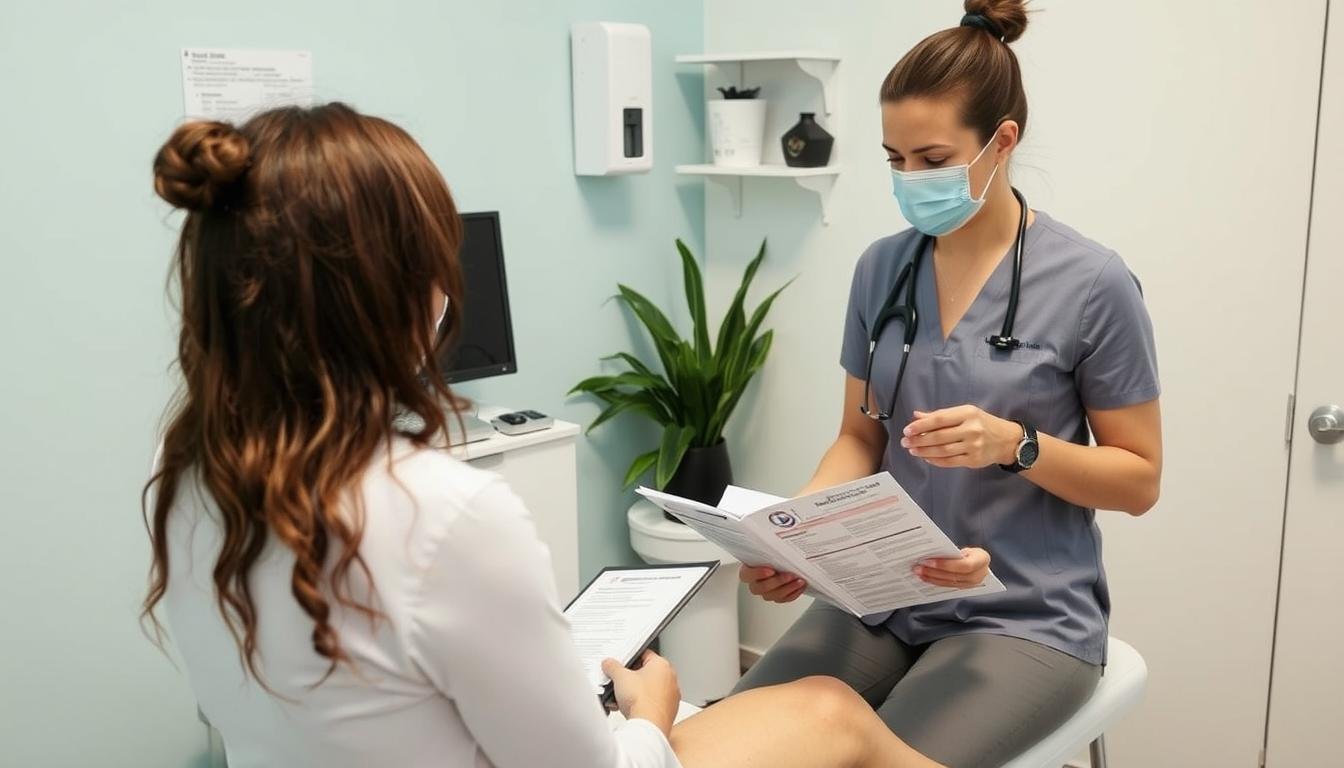
Initial Treatment Phase
- Comprehensive assessment of IBS symptoms and medical history
- First session at lower pressure and duration (30-35 minutes)
- Evaluation of initial response and tolerance
- Typically 2-3 sessions in the first two weeks
- Gradual adjustment of water temperature and pressure
Maintenance Protocol
- Customized schedule based on symptom response
- Typically once every 2-4 weeks for ongoing management
- Full sessions of 40-45 minutes at optimized settings
- Integration with dietary modifications and stress management
- Regular reassessment of effectiveness for IBS symptoms
Personalization Is Key
IBS is highly individualized, and treatment protocols should be adjusted accordingly. Constipation-predominant IBS may benefit from different pressure settings and frequency than diarrhea-predominant IBS. Working with an experienced practitioner is essential for optimizing your treatment plan.
Integrating Colon Hydrotherapy Machine Treatments with Other IBS Therapies
For optimal IBS management, colon hydrotherapy typically works best as part of an integrative approach rather than a standalone treatment. Consider how it might complement your existing IBS management strategies.
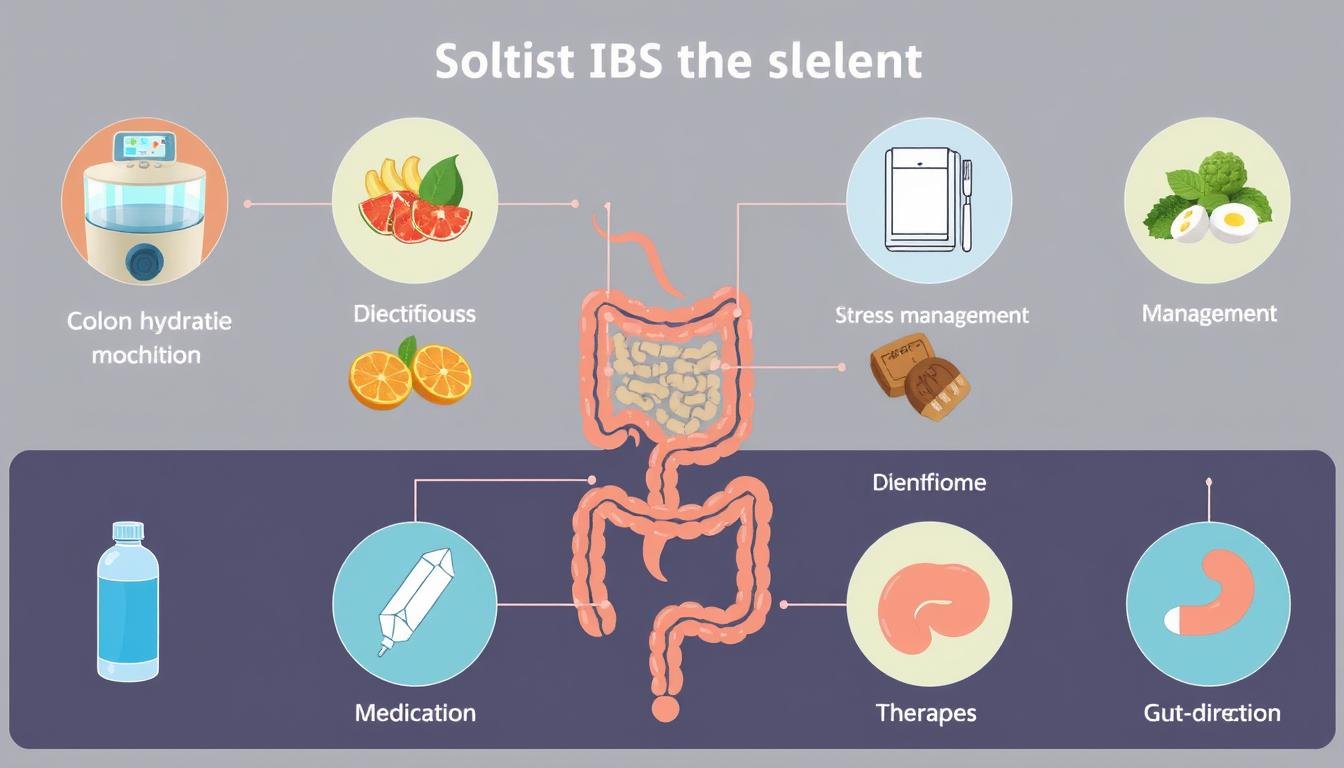
| Complementary Approach | Potential Synergy with Colon Hydrotherapy |
| Low FODMAP Diet | May enhance the effects of dietary changes by removing fermentable residues; potentially reduces bloating from dietary transitions |
| Probiotics | Can help reestablish beneficial gut flora after treatment; may enhance microbiome benefits |
| Stress Management | The relaxation during treatment may complement stress reduction techniques; addresses gut-brain axis |
| Fiber Supplementation | Colon hydrotherapy may help prevent initial bloating when increasing fiber; improves fiber effectiveness |
| Conventional IBS Medications | May reduce need for certain symptom-management medications; should be coordinated with healthcare provider |
Frequently Asked Questions About Colon Hydrotherapy Machines for IBS
Is colon hydrotherapy FDA-approved specifically for IBS treatment?
The FDA classifies colon hydrotherapy devices as Class II medical devices when used for colon cleansing. However, they are not specifically approved for treating IBS as a medical condition. They are cleared for use in preparing the bowel for medical procedures and for general colon cleansing.
How many sessions might I need to see improvement in my IBS symptoms?
Response varies significantly between individuals. Many practitioners recommend an initial series of 3-6 treatments over 2-3 weeks to evaluate effectiveness. Some patients report improvement after just 1-2 sessions, while others may require more consistent therapy. Regular reassessment is important to determine the optimal frequency.
Can colon hydrotherapy make IBS worse?
Some individuals might experience temporary increases in gas, mild cramping, or changes in bowel habits after initial treatments. These effects typically resolve quickly. However, inappropriate pressure settings or treatment frequency could potentially exacerbate symptoms in some cases, which is why working with a qualified practitioner is essential, especially for IBS patients.
What’s the difference between a closed and open colon hydrotherapy system?
Closed systems are fully enclosed, with waste material flowing directly from the colon through sealed tubing into the drainage system, offering greater privacy and odor control. Open systems require the therapist to manually control waste removal. For IBS patients, closed systems are typically recommended for comfort and dignity during treatment.
Will I need to take time off work after a colon hydrotherapy session?
Most people can return to normal activities immediately after treatment. Some may experience increased bowel movements for a few hours following the session, but this typically doesn’t interfere with daily activities. It’s advisable to schedule your first few treatments when you don’t have important commitments immediately afterward, until you know how your body responds.
Is it safe to use a home colon hydrotherapy machine without professional training?
While home devices are designed for user-friendly operation, proper training is strongly recommended, especially for IBS patients. Many practitioners offer training sessions for home device users. Without proper technique, there’s increased risk of discomfort or improper use. Consider starting with professional treatments before transitioning to home use.

Is a Colon Hydrotherapy Machine Right for Your IBS Management?
Colon hydrotherapy represents one potential tool in the comprehensive management of IBS symptoms. While not a cure, some patients report significant symptomatic relief when incorporated into a broader treatment approach. The decision to try colon hydrotherapy should be made thoughtfully, considering your specific IBS subtype, medical history, and in consultation with healthcare providers familiar with your condition.

Modern Colon Hydrotherapy Machines offer advanced safety features and comfortable treatment experiences, but effectiveness varies between individuals. Consider starting with professional treatments to evaluate your response before investing in home equipment.
Get Personalized Advice About Colon Hydrotherapy for IBS
Our specialists can provide detailed information about how colon hydrotherapy might benefit your specific IBS symptoms and answer any questions you may have about the treatment process.
Contact us By WhatsApp:

